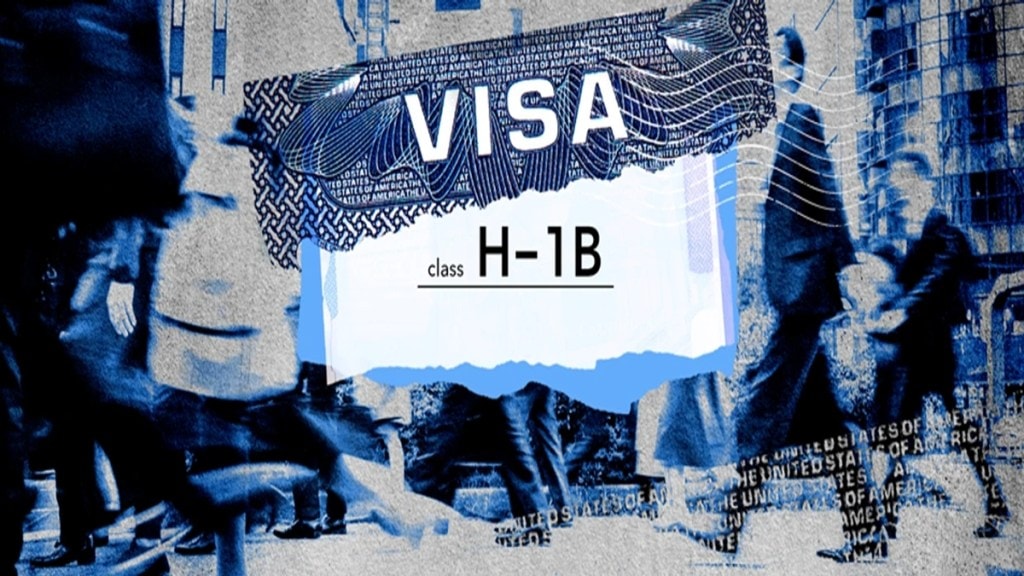The introduction of $100,000 H-1B fee is facing legal hurdles with several lawsuits being filed for its complete withdrawal. A lawsuit regarding the H-1B visa fee has been filed, alleging that Trump exceeded his authority with a $100k charge.
A lawsuit has been filed in the Northern District of California by a group of unions following President Trump’s recent proclamation imposing a $100,000 fee for each new H-1B visa.
A group of unions, including health care business, that helps hospitals across the country fill critical vacancies with qualified nurses from abroad, schools, religious organizations, labor unions, and workers have challenged the legality of President Trump’s Proclamation imposing a $100,000 Requirement.
They have filed a case against Trump, the U.S. Department of Homeland Security, its subagencies, and the State Department, seeking declaratory and injunctive relief on grounds that the Proclamation exceeds presidential authority and violates the statutory H-1B process.
Every employer will have to pay a one-time H-1B petition fee of $100,000 to hire a foreign worker. The new $100k H-1B fee is already in effect on all petitions filed on or after September 21, 2025.
Allegations
One of the biggest allegations is that the Proclamation is based on multiple errors of fact and ignores the benefits of the H-1B program to the American economy.
The Proclamation addresses issues with the H-1B visa program primarily in information technology, but fails to consider its broad use in various specialty occupations such as healthcare, academia, and education. It does not provide evidence of widespread fraud in these fields, nor does it justify a market-wide penalty as a remedy.
The other allegation is that the Proclamation’s exorbitant $100,000 fee is unprecedented and unjustified, and the exception process is ripe for abuse.
The Proclamation imposes an unprecedented fee without Congressional authorization, penalizing employers utilizing a visa program created by Congress, thus overriding existing statutory frameworks.
The lawsuit states that the President appears determined to raise general revenue using the $100,000 requirement, suggesting that this is a tax, not a fee for use of the program.
The Proclamation also provides an exception to the payment requirement in certain cases. The Plaintiffs argue that, as drafted, the standardless exception process is an open invitation for selective and arbitrary treatment. It invites lobbying; it permits favoritism, ideologically based bias, and corruption.
Demands of Plaintiffs
The lawsuit challenges the new H-1B visa fee, claiming it is unlawful as the president lacks the authority to unilaterally impose taxes or revenue-generating requirements, a power reserved for Congress.
Greg Siskind, Immigration lawyer and Co-founder of Visalaw.ai and the Counsel for Plaintiffs in an X post writes, “Since a lot of people seem concerned that H-1B immigrants somehow have a big negative impact on the US workforce, a reminder that the annual quota of 65,000 was set in 1990 and remains at that level. In 1990, the US population was 248M. Today it is 347M. H-1Bs represent a minuscule portion of the workforce, but they play a critical role in many fields, which are highlighted in our litigation.
The plaintiffs have requested the court to declare unlawful and set aside the enforcement and implementation of sections 1, 2, and 3(a) of the Proclamation, including the requirement to make a $100,000 payment as a prerequisite to adjudicate an H-1B petition or as a condition for visa issuance or entry into the United States for H-1B beneficiaries.
